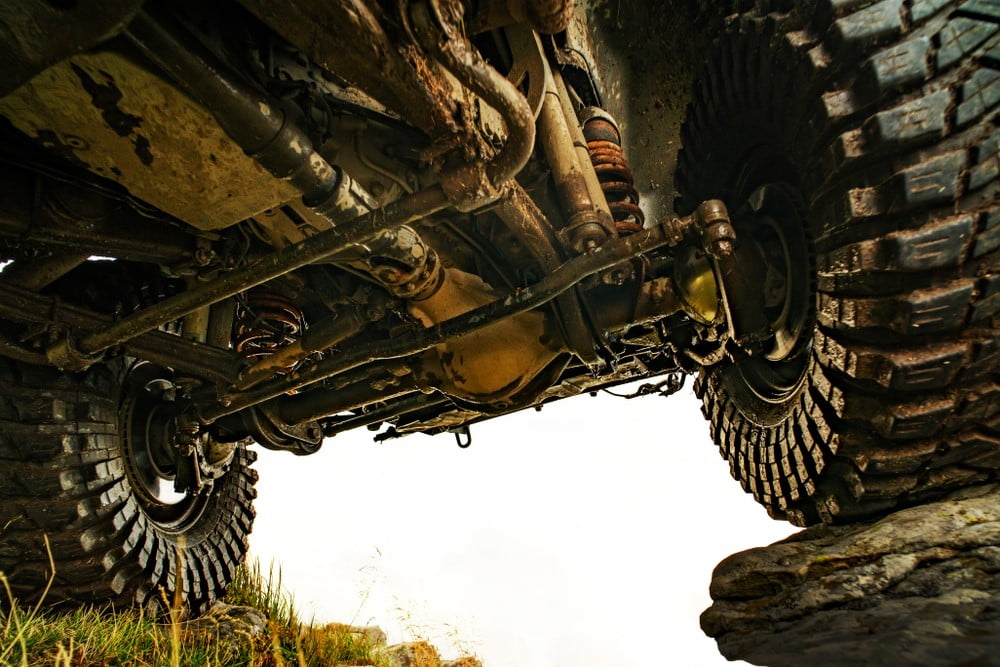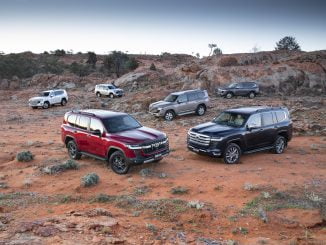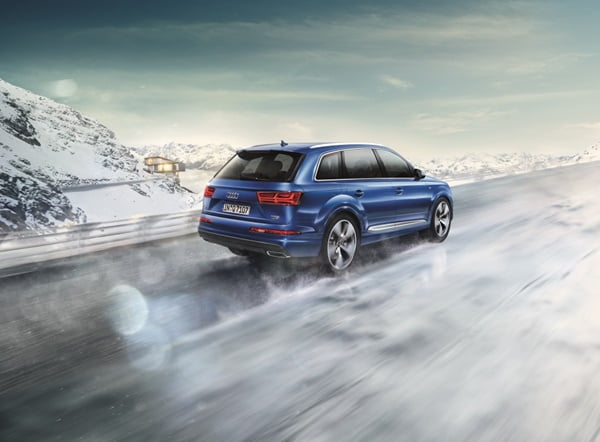Everyone needs a hobby. An activity to engage in during your downtime, to recharge after a busy week or month. Something to engage in when you’re not busy with work or raising the kids.
And there are as many hobbies as there are people to enjoy them. Some enjoy art and crafts, others video games, and others still enjoy reading. Some folks love to get active and exercise or explore the great outdoors.
One outdoor activity that some people enjoy is off-road driving. But not all cars are suited to off-roading. If you do this in a sedan, you’ll likely end up at the mechanics before long.
In this helpful article, we’ll explore whether or not off-road driving is terrible for your vehicle.
The Risks of Off-Road Driving
When questioning whether off-road driving is bad for your vehicle, there are many cases in which the answer is yes. There are some risks inherent to the activity, even if your vehicle is capable of being taken off-road. Speaking with any AfterPay mechanics will get you a number of potential answers regarding issues that can be accrued when taking your vehicle off the beaten path, including:
Transmission Strain
Going up, down, and all around on an off-road track and over obstacles will add a decent amount of wear and tear to your car’s transmission system, as opposed to driving on a flat, surfaced road.
This is especially the case for a manual transmission, for instance, if the gears are not appropriately shifted. Putting extended strain on your transmission can potentially damage it, as well as causing it to wear out faster than expected.
Wheel Alignment
Another risk to your car from off-road driving is that you will likely throw your wheel alignment off. Wheel alignment means that your wheels are facing forward when the car is facing forward.
When wheel alignment is thrown, it can cause more than usual wear on your tyres, as they are designed to fit straight. Off-road driving will likely throw your alignment out, especially if you have happened to drive over something hard, like a big rock.
Tyre Wear and Tear
If you are going to go off-road, you’ll want the right set of tyres. Going on an off-road track without special four-wheel-drive tyres will wear your tyres out faster than you can say mud.
So, the tip here is to install specialised four-wheel drive tyres if you intend to take your car off-road.
So, What Constitutes Off-Road Driving?
Off-road driving is any driving that is not on a standard or even a dirt road. For instance, driving along a beach is an example of off-roading, as is driving across a creek or stream.
Taking your car on a four-wheel-drive track is also an example of off-roading, as is cutting across a field or plain or driving anywhere there’s not a manufactured road.
Why Go Off-Roading?
Off-road driving can be a blast when it comes to just plain going out and enjoying yourself. It is an excellent idea for those who love adventure or seek thrills.
It can also be a great adjunct activity to camping, hunting or fishing – or any outdoor trip or adventure. It allows you to experience the world around you in a new and exciting way, all from the comfort of your own four-wheeler. For anyone that loves hitting the great outdoors and getting a taste of life outside the usual tourist spots, off-roading is an amazing way to do just that.
What Cars are Suitable for Off-Roading?
Not all cars are suitable for off-roading, and taking certain cars off-road could result in catastrophic damage to your suspension and undercarriage.
As a rule of thumb, most four-wheel drives, including four-wheel drive utility vehicles, are suited for off-road driving. An all-wheel-drive, such as a large SUV, may not be capable of off-road driving, despite its all-wheel-drive capability. If you are planning on buying a vehicle for off-roading, it’s important that you do your research first, rather than just deciding to put it to the test once the keys are in your hand.
Conclusion
In this article, we’ve shared how off-road driving may cause a risk to your vehicle. Now, you should only take a four-wheel drive off-road. And if you do, you run the risk of damaging your transmission, throwing your wheel alignment out, and wearing your tyres out fast, unless you use special four-wheel-drive tyres.
By now, you’re fully informed of the risks of off-roading.




